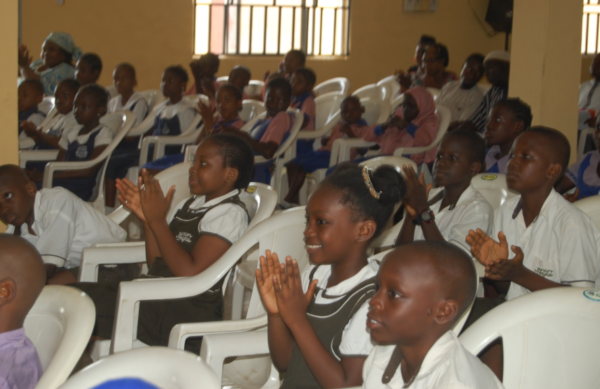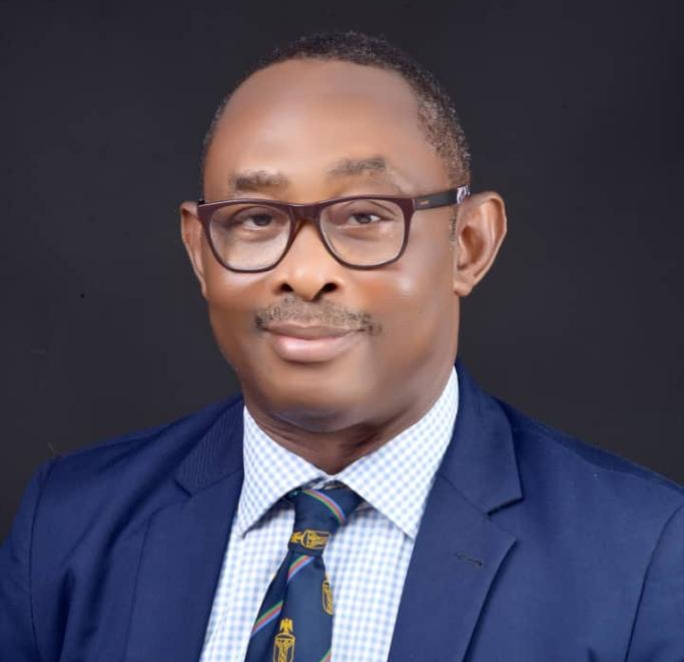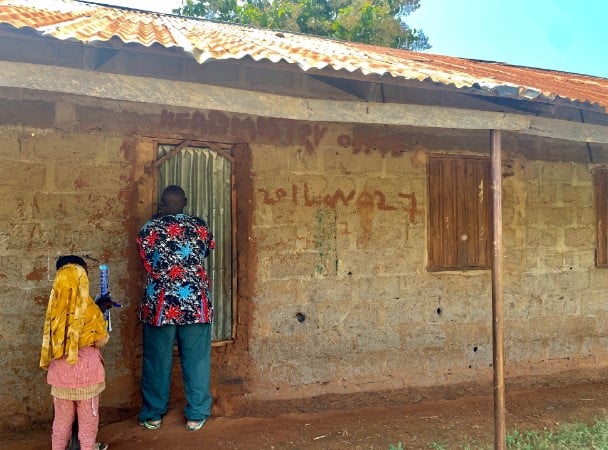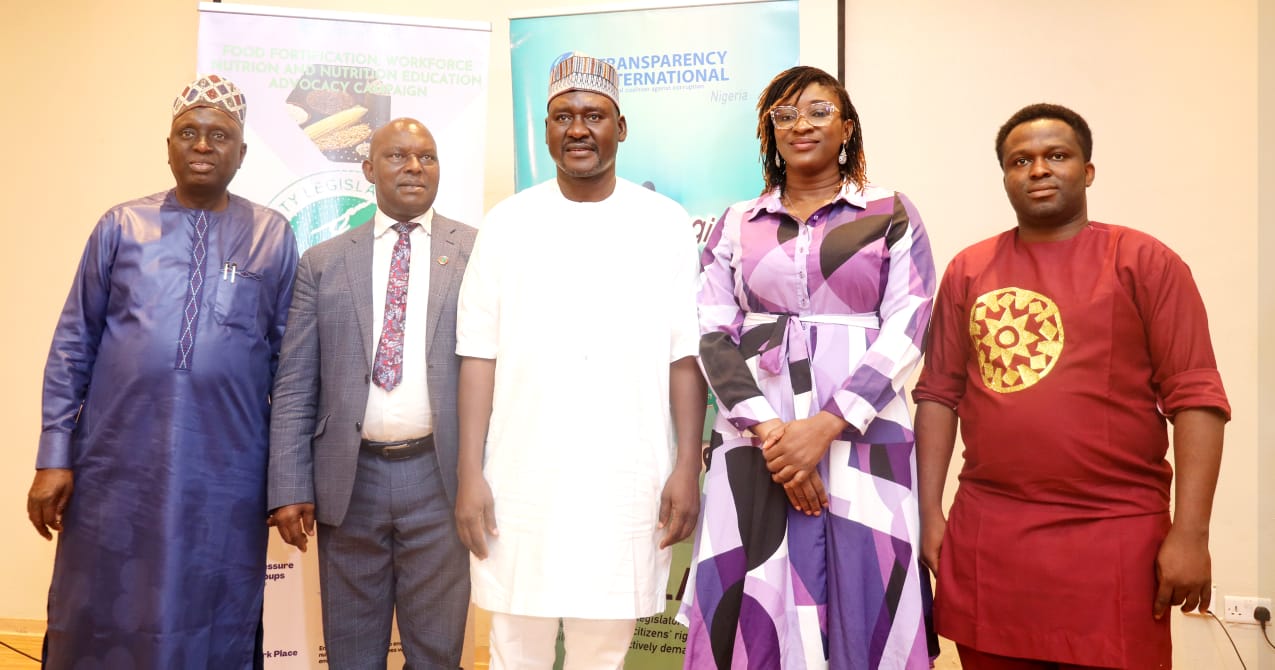The United Nations Educational, Scientific, and Cultural Organisation (UNESCO) says Nigeria must craft a school curriculum that is relevant to the country’s needs.
Ydo Yao, UNESCO’s director for international bureau of Education (IBE), spoke at a workshop on Tuesday in Abuja.
The UN agency organised the workshop for officials of the ministry of education.
The UN agency said Nigeria faces a “triple crisis of equity and inclusion, quality, and relevance of education.”
Advertisement
Yao lamented that there are many educated Nigerians and Africans who have no jobs because of their nature of training.
“We have some areas that are not exploited at all. And where there is a big potential for job creation,” he added.
“We are continuing to teach people, learners on areas that used to be very relevant in the past.
Advertisement
“Today they are no longer relevant but we are still continuing the same things for 40 years.
“So how are we rethinking our education to make sure what we are offering is really what is needed?
“These are questions that we need to ask and all these have to be part of a process of reforms that can be undertaken by people who are trained, and who have the skills to do it.”
While speaking, Goodluck Opiah, minister of state for education, said opportunities for capacity building on curriculum development and implementation should be regular to keep abreast with new strategies.
Advertisement
The minister said Nigeria is committed to the logical conclusion of all aspects of the curriculum review process.
Ismail Junaidu, executive secretary at the Nigerian Educational Research and Development Council (NERDC), said the government aims to transform the education sector as shown in the ministerial strategic plan.
He said the implementation of the plan, which covered 2018 to 2022, has yielded “tremendous” results in terms of policy formulation and execution of critical projects for better education delivery.
“The Ministerial Strategic Plan generally seeks to reform the education system in order to meet the demands for improvement in all spheres of our national life and for global competitiveness,” he said.
Advertisement
“This prompted us at NERDC to engage in a wide of range of activities to strengthen the school curricula and optimize implementation.
“Particularly, we have strengthened the school curricula with knowledge and skills on entrepreneurship and job creation, capital market studies, electoral education, and online safety, among others.
Advertisement
“We have also provided teachers and education managers with resource materials to help them implement the curriculum seamlessly.”
The UNESCO IBE training is aimed at strengthening the capacities of specialists and officials of the ministry on eight thematic modules.
Advertisement
The modules include policy dialogue and formulation, curriculum change, curriculum design, system management and governance, and the development of teaching and learning materials.
Advertisement
Add a comment







